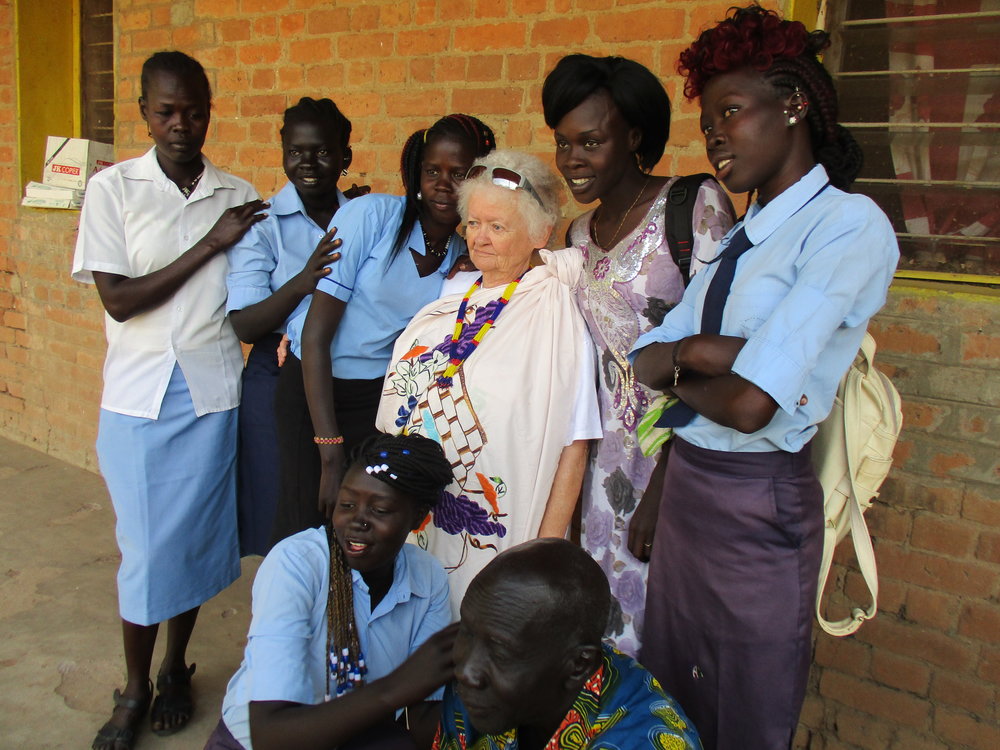 On June 7th, the people in Ontario will choose a new government. This action, combined with ongoing dialogue with our elected representatives, makes ordinary people the most powerful actors in the political system. And this election, it matters all the more since voters are confronted with starkly contrasting visions of a good society.
On June 7th, the people in Ontario will choose a new government. This action, combined with ongoing dialogue with our elected representatives, makes ordinary people the most powerful actors in the political system. And this election, it matters all the more since voters are confronted with starkly contrasting visions of a good society.
Here are a few things to consider as we prepare for the meaningful act of voting:
The wider economic context: Like it or not, economics shapes the world in which we live, unless we consciously and collectively take on the task of shaping the way the economy functions in our society. Right now, the economy is creating high-end, highly valued jobs in some sectors and low-wage, no-benefits, temporary jobs in other sectors. It’s a two-tiered economy shaping a two-tiered society. Is this what we want or will we steward the economy to create fairer outcomes in society?
The meaning of taxes: Taxes are the foundation for the public services which make cities into communities. As much as we might cringe at the thought of losing part of our pay cheque to taxes, it’s a much cheaper and effective way of getting access to basic goods such as health care, public transportation, public education, firefighters, police officers, parks, roads, bridges, traffic lights, employment insurance, job training, decent work, child benefits and senior benefits, to name a few.
The dignity of all persons and power of communities: There are basic resources and opportunities which are foundational to our dignity as persons and to our participation in society. Access to adequate food, housing, transportation, decent jobs and health care are key among these. If the gap between rich and poor is too significant, it affects access to these basic goods and undermines the wellbeing of communities. That’s why societies with wider gaps between rich and poor have been linked to worse outcomes in terms of physical health, mental health, addictions, homicides, life expectancy as well as levels of social trust and cooperation (c.f. Richard Wilkinson and Kate Pickett).
Know the Candidates and Party Platforms: All Candidates’ meetings can be a great opportunity to learn about the candidates and party platforms. Click here to read about the issues and find helpful questions to ask candidates.
Sue Wilson, CSJ






